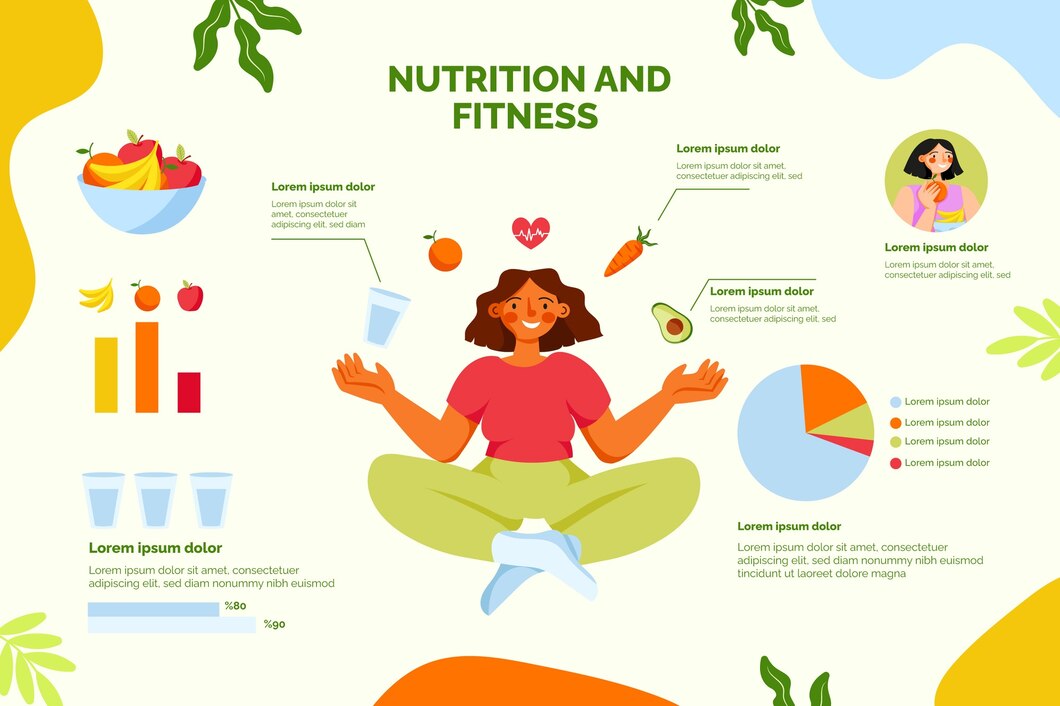Our brain, the control center of our body, requires adequate nourishment to function optimally. Proper nutrition not only provides the energy necessary for cognitive processes but also impacts mood and overall mental health. This article dives into the nutritional secrets for a healthy mind and unveils how you can fuel your brain with the right nutrients.
Key Nutrients for Mental Health
Omega-3 Fatty Acids
Omega-3 fatty acids, commonly found in fish, flaxseeds, and walnuts, are essential for brain health. They help build cell membranes in the brain and have anti-inflammatory properties that can protect brain cells. Studies have shown that Omega-3s can help alleviate symptoms of depression and anxiety.
B Vitamins
B vitamins, including B6, B12, and folate, play a crucial role in brain function. They are involved in producing neurotransmitters, which are chemicals that transmit signals in the brain. A deficiency in B vitamins can lead to depression, confusion, and even cognitive decline.
Antioxidants
Antioxidants such as vitamins C and E, beta-carotene, and selenium help protect the brain from oxidative stress, which is linked to aging and neurodegenerative disorders. Antioxidant-rich foods include berries, nuts, and green leafy vegetables.
Magnesium
Magnesium helps regulate neurotransmitters, which send signals throughout the brain and body. It also plays a role in brain development, memory, and learning. Foods rich in magnesium include leafy greens, nuts, seeds, and whole grains.
Probiotics
The gut-brain connection is becoming increasingly recognized in the field of nutrition. Probiotics, which are beneficial bacteria found in fermented foods like yogurt and kimchi, can affect brain function and mental health. They help reduce inflammation and produce neurotransmitters such as serotonin.
Foods That Support Brain Function
Fatty Fish
Fatty fish like salmon, sardines, and mackerel are high in Omega-3 fatty acids, which are crucial for brain health. Eating these fish can help improve cognitive function and reduce the risk of Alzheimer's disease.
Leafy Greens
Spinach, kale, and other leafy greens are rich in nutrients, including vitamin K, folate, and beta-carotene. These nutrients are known to slow cognitive decline and support brain health.
Berries
Berries such as blueberries, strawberries, and blackberries are packed with antioxidants that protect the brain from oxidative stress and reduce inflammation, which can improve brain function and delay aging.
Nuts and Seeds
Almonds, walnuts, sunflower seeds, and flaxseeds are excellent sources of Omega-3 fatty acids, antioxidants, and other nutrients that support mental health. Including them in your diet can improve memory and cognitive function.
Fermented Foods
Foods like yogurt, kefir, sauerkraut, and kimchi are rich in probiotics, which can enhance the gut-brain connection and positively influence mental health.
How to Incorporate Brain-Boosting Foods into Your Diet
- Start Your Day with Omega-3s: Include fatty fish or flaxseeds in your breakfast smoothies.
- Snack on Nuts and Berries: Keep a mix of nuts and berries on hand for a brain-boosting snack.
- Add Leafy Greens to Your Meals: Incorporate spinach or kale into your salads, sandwiches, or smoothies.
- Choose Fermented Foods: Add a serving of yogurt or sauerkraut to your daily diet.
Conclusion
Nourishing your brain with the right nutrients can significantly impact your mental health. By including foods rich in Omega-3 fatty acids, B vitamins, antioxidants, magnesium, and probiotics in your diet, you can support cognitive function, reduce the risk of mental health disorders, and promote overall well-being. Start making these dietary changes today to unlock the full potential of your mind.




